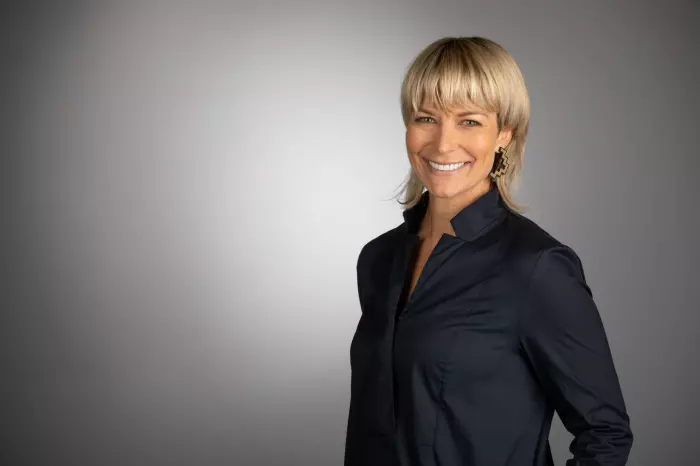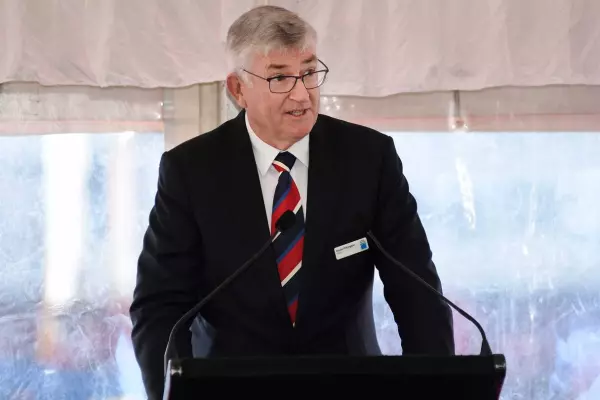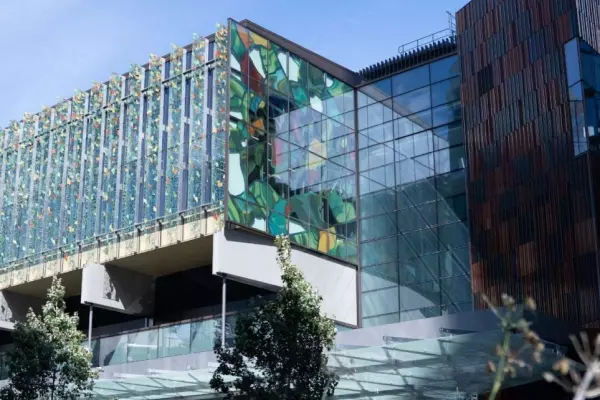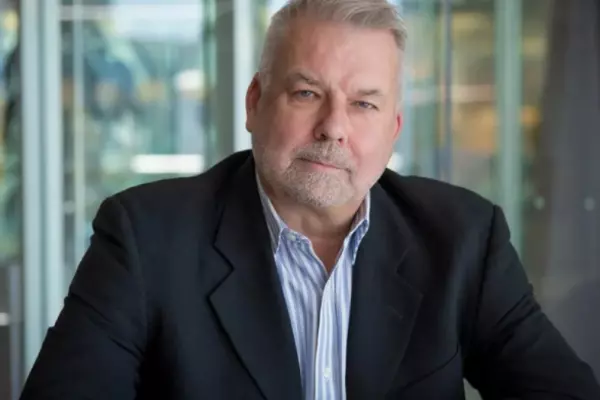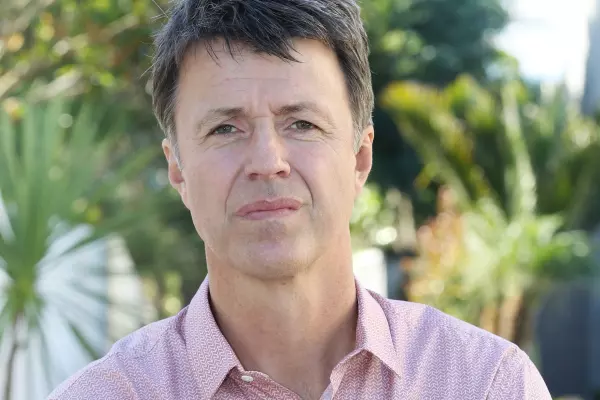Sky TV will launch its broadband service in the coming weeks but content remains key for the pay-TV operator.
Chief executive Sophie Moloney is optimistic Sky has stemmed the exodus of customers it had to deal with in recent years, with the churn rate in Sky Box customers down to 12.4% in the final six months of 2020 from 17% four years earlier.
The company, which even toyed with moving into mobile under former CEO Martin Stewart, has been trialling broadband with select customers. It is weeks away from launching for fibre-ready Sky Box customers, with the goal to make those loyal customers even harder to dislodge.
Despite the rapid decline in customer numbers since the proliferation of its streaming video rivals, Sky has a core group of loyal customers as 70% of its 567,000 Sky Box customers have been with the company for more than five years. Go back four years, and just 55% had been with the firm for five years or more.
“We’ve got loyal customers, probably outside the city centres more particularly, who love our service, the reliability of it,” Moloney told BusinessDesk.
Hello
Introducing broadband — and an integrated offering — should make it easier to keep those customers. It may also open up new conversations with existing customers, something Sky hasn’t been great at in the past.
Moloney said Sky’s new customer value management tool has been key in having a conversation with its users to make sure it’s giving them the right type of service, while broadband opens up a new dialogue.
Still, the move into broadband won’t see Sky stray from its core business.
“We’re a content company, not a telco,” she told analysts at yesterday’s earnings briefing.
Sky is streamlining its capital spending into ways to add value for its customers and, in turn, its investors. The sale of its Outside Broadcasting unit for $14 million is an example of that, shedding $50m of planned capital expenditure over the next five years.
“The critical thing there is we focus our capital spend on what matters to customers,” Moloney said. “That’s the next-gen box.”
No more
Sky ditched plans to upgrade its set-top box in 2019 and opted instead to focus on its streaming, delivery and SkyGO app.
But a new box is now back on the cards, with Moloney focused on delivering better search functionality and an improved viewing experience.
Sky hasn’t put a business case on the new box to the board yet, and Moloney expects to provide an update at an investor day in the June quarter.
The hardware upgrade isn’t the only thing that’s changed since Moloney took over the top job in December.
Where Sky used to keep a tight grip on exclusive content rights, Moloney is open to shared arrangements.
“As long as we’re delivering to our customers, particularly Sky Box customers, we’re open to conversations,” she said.
“You’re literally not going to be able to afford to keep everything exclusive. So co-exclusive, or non-exclusive, is the new framework we’re leaning into.”
The right bundle?
Sky will also be looking at its prices and packages to make sure it’s got the right mix.
And after keeping prices on hold through the pandemic lockdowns, Sky’s now feeling the pinch from the prospect of rising programming costs as new deals come into play and the sporting calendar returns to normal.
Sky had to drop its prices to match the cut-throat approach taken by multinational streaming video-on-demand services - SVOD- when they first entered New Zealand. But Moloney notes that those rivals are beginning to lift their prices now that they’ve got customers in harness.
“You will see some continued price increases on those SVOD services like Netflix. We’re very interested in that and looking at that in terms of Neon and what we might do there.”


